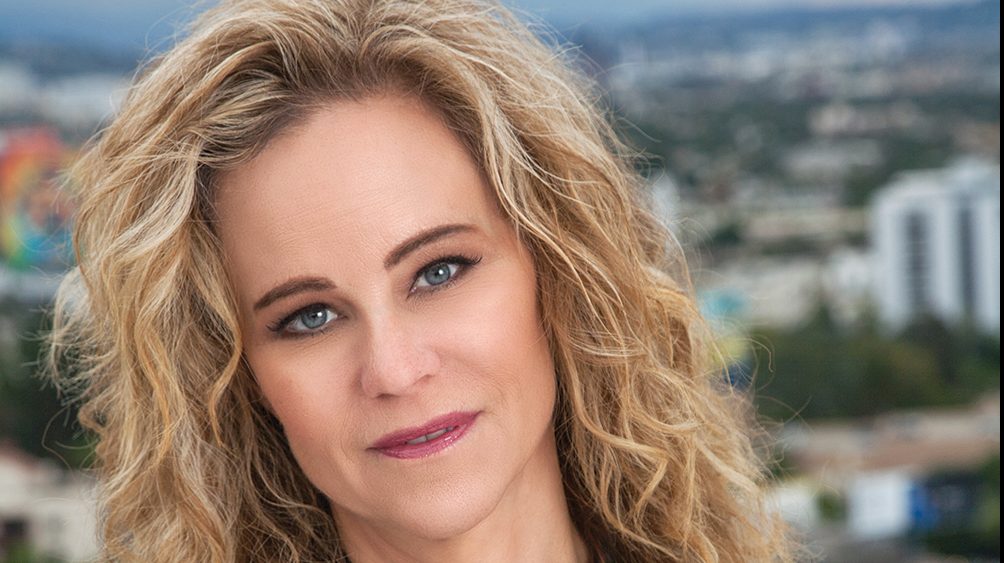During the spring and summer of 2020, as protests across the country illuminated the systematic injustices Black Americans have faced and continue to face, the music industry was one of many that was called out to take accountability and action for its treatment of a group of people that is largely responsible for its many decades of profitability. While the industry’s unfair treatment of Black Americans is longstanding and deep-seated, one seemingly simple course of action is to cease all usage of the term “master recording,” which may sound innocuous but, as detailed in Variety’s expansive August 2020 interview with Pharrell Williams, derives from the words “master and slave.”
For those not aware, the terms have long been used to distinguish between a source recording (the “master”) and the subsequent copies made (the “slaves”), which has led to a pervasive use of both terms in many industry contracts. Although these charged words have been normalized to indicate a dominant/ subservient relationship, it does not negate the weight that they carry, especially in context of the music industry.
For as long as the music business has existed, Black performers often have been in a subordinate position to label executives, the majority of whom are white, even though their music is the vital resource upon which this industry is founded. Digging deeper, when you consider that most of these performers do not have control or ownership of the underlying copyrights to their music, parallels can easily be drawn to how slaves did not have autonomy over their lives since they themselves were the property. Many of these performers, most famously Prince and Kanye West, have outright said that their experiences in the music industry have felt like modern-day slavery.
This business has been dominated by white men since its inception, so when coupled with the well-known exploitation of Black artists, the already insensitive use of the phrase “master recording” carries an even more sinister sting. Artists such as Williams, have voiced their discomfort with reading these words in their contracts and have called for changes to be made.
As soon as I realized the term’s origins, I implemented a policy in my firm to no longer use the term “master” in our contracts, and to implement this change into any agreements that we negotiate on behalf of our clients. Sony, Universal, Warner Music Groups and Sound Exchange have either removed or have vowed to remove this language from their form contracts and license requests moving forward; the American Association of Independent Music’s board voted unanimously to remove this language from their contracts prospectively as well. While this is a most critical step in the right direction for the industry at large, I am dismayed at the reticence of other attorneys to embrace this change.
Some attorneys feel that removing the phrase “master recording” is unnecessary because it is only interpreted negatively by a few people, so they personally do not feel the need to stop using it. This blatant and short-sighted disregard for the psychological and emotional impact that this phrase can have on others speaks exactly to what many people marched for in 2020: You cannot detach the word “master” from its roots in American Chattel Slavery, regardless of the other word with which it is combined. Thus, using the term “master recording” while being aware of its racist inception is a microaggression, whether it is being used maliciously or not. Words have an undeniable impact, and the continued use of this racist language reinforces the negative connotation of the term’s origin. There are plenty of words that can be used in place of “master” and still convey the same unambiguous meaning, such as “sound” recording, which is the official terminology used by the U.S. Copyright Office for registration of these works.
To be frank, it is easy for many of my white male colleagues to dismiss the use of these words as “not a big deal” when it has never affected them.
Love Film & TV?
Get your daily dose of everything happening in music, film and TV in Australia and abroad.
Whether the phrase offends a handful of people or thousands is irrelevant: It is a point-blank racist term that must be removed from our industry’s vocabulary if we want to continue to work to rectify our past injustices. Sylvia Rhone, the first African-American woman CEO of a major record label, put it best when she stated, “If it bothers even one person, we’re taking it out.”
It is my hope that this sheds light on the issue — enough so that more can and will embrace this impactful change. Removal of such language is a simple yet meaningful step that can make our industry a more welcoming and inclusive space and allow us to reinforce the principle that music is for everyone — no matter one’s race, gender identity, sexual orientation, socioeconomic status, or background.
Dina LaPolt is the founder and owner of LaPolt Law, P.C., one the industry’s leading law firms and the only firm of its stature founded and run by a sole female attorney. Dina also serves on the Executive Leadership Council of the Black Music Action Coalition and was also one of the recipients of their 2021 Change Agent Award at their Music in Action Awards Gala.
From Variety US































